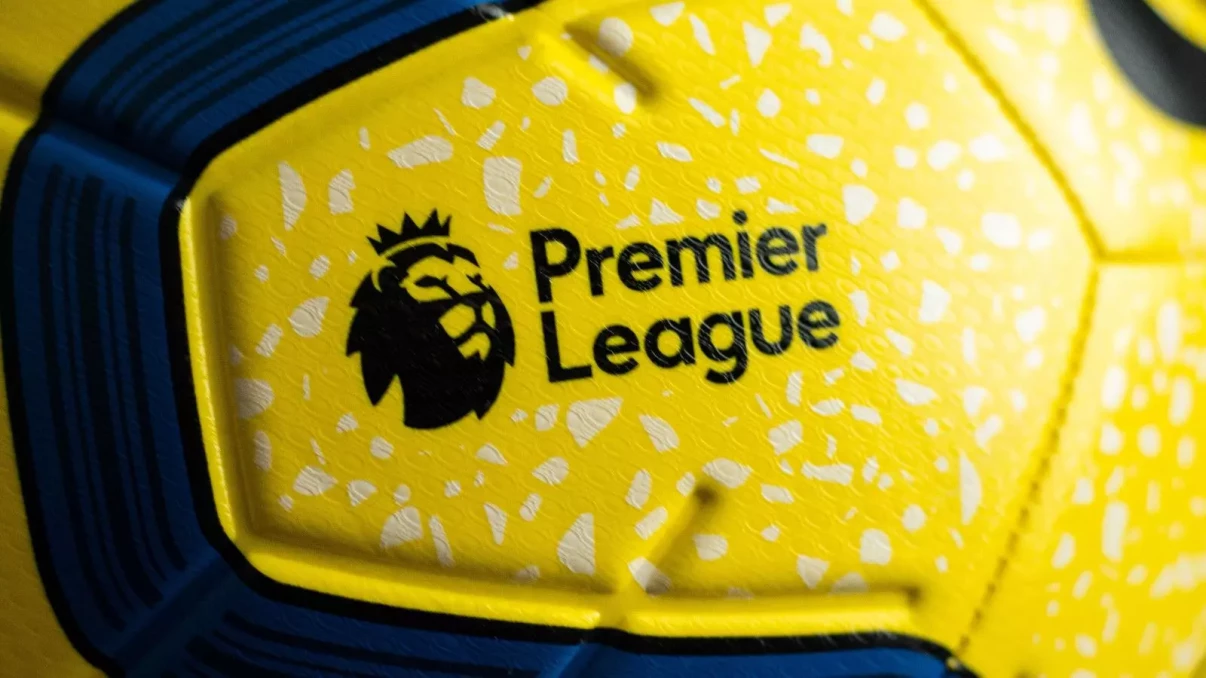Regulator to guarantee equitable financial distribution if 'New Deal' fails
 By
SABC Sport
By
SABC Sport
17th July 2024

The independent football regulator can enforce equitable financial distribution between the Premier League and EFL if negotiations fail.
The leagues have been deadlocked over the so-called 'New Deal' since March, when top-flight clubs halted negotiations over additional funding for the EFL to focus instead on agreeing new Premier League financial controls.
Sources close to the talks indicated to the PA news agency on Wednesday that there has been no progress even since those controls were agreed at the Premier League's annual general meeting last month.
The Conservatives' version of the Football Governance Bill, which failed to complete its passage through Parliament due to the calling of the General Election in May, also intended to give the regulator 'backstop powers' to determine a settlement, albeit controversially excluding parachute payments from its determination.
The new Labour Government has, as anticipated, brought the Bill back in Wednesday's King's Speech setting out its legislative programme, but reform group Fair Game was encouraged by what it felt was a stronger line on the settlement.
Briefing notes provided alongside the Speech stated: "When authorities cannot agree appropriate financial flows, and the sustainability of football is at risk, (the Bill will give) the regulator the backstop power to ensure a fair financial flow."
Fair Game chief executive Niall Couper said: "It is brilliant news to hear the Government is firmly committed to delivering a fairer financial distribution at all levels of the football pyramid.
"But the devil will be in the detail. The concept of backstop powers needs to go further. The new regulator must also have the powers to ensure any new deal between leagues addresses football's flawed financial flow. Without it, football will be doomed to repeat the failures of the past."
The funding offer to the EFL from the Premier League that had been under discussion would have granted the 72-club competition 14.75 per cent of the net media revenues earned by the EFL and the Premier League, which was projected to be worth an extra £900million to the EFL over six seasons on top of what it already receives.
The chief original purpose of the regulator - to ensure clubs are run sustainably and are accountable to their fans - remains intact, and as before the intention is that professional clubs in England will operate under licensing conditions set by the regulator.
The Government's briefing notes highlight a "high and growing risk of financial failure among clubs", but a Football Distress Survey conducted by business recovery specialists Begbies Traynor published on Wednesday found financial distress in the EFL was at its lowest level since the firm began reporting 12 years ago.
It found financial distress was now affecting just two of the 72 EFL clubs, down from a record high of 34 clubs in October 2021, and attributed that low percentage to self-regulation in the form of swifter action by the leagues, and a better understanding of the sanctions clubs face for breaching the rules.




